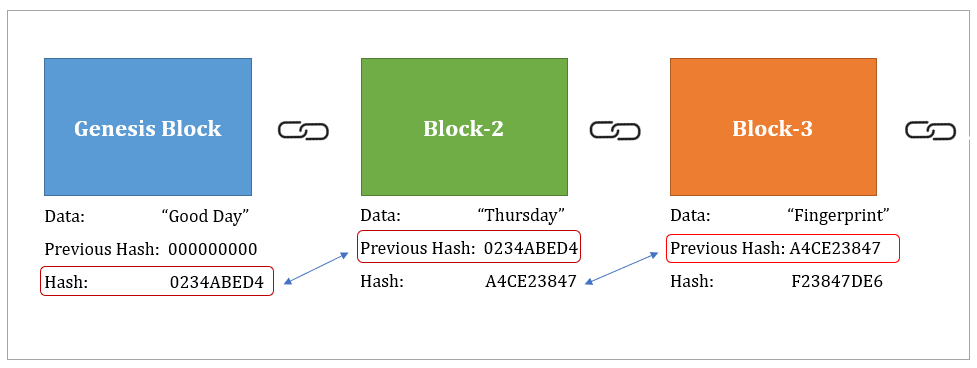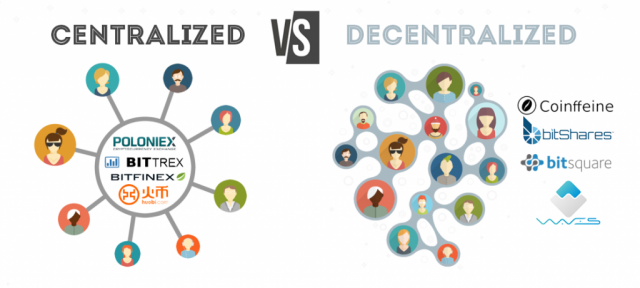Hey there 👋
It's almost frustrating on how many times you stumble upon this term on the internet today😪 Let me take some of that frustration out by explaining it to you in short, what is a blockchain and why is it important for you to know?
What is a blockchain?

A blockchain is a shared, distributed, and everlasting database shared amongst a couple of nodes on a pc community. They file facts in a manner that makes it probabilistically impossible to regulate or hack the system.
Wait, slow down. It's a database which is creating all the hype? Yes, but unlike the traditional database the data in a blockchain is distributed among several computers called as nodes. Each node has a copy of the data(in the form of blockchain) and they are synced to have the exact same copy at any given time. Which means, if the data in one node is tampered, the rest of the nodes can crosscheck and detect the fraud hence making it very secure.
To understand how this exactly works on a technical level, I would recommend watching this video:
But what do you got to do with all this? Well, the internet is changing. We are steadily transitioning into what we call Web3.0 where decentralisation is the core concept. You might already have heard about metaverse, NFTs, etc rolling around. These are built keeping decentralisation in mind.

Now Deb, what exactly is decentralisation? By storing records in a peer to see community of nodes, the blockchain is a decentralized community. This has widespread advantages over the conventional method of storing records in a centralized manner. There are widespread examples of troubles with centralization - some of which we are able to listing here:
- Data breaches in centralized structures divulge lot of records
- Centralized government can censor and close down speech
- Reliance on a government method upstream troubles have an effect on downstream consumers
On the opposite hand, decentralization brings approximately the other advantages.
- No censorship as there may be no unmarried authority or intermediary that could censor you
- No downtime as the general community is jogging throughout 1000`s of nodes throughout the globe
- Highly assault resistant making it infeasible to control or break records
If that was boring to know, below is a practical example of how Instagram would look like on a decentralised network. Your insta posts, stories, chats, would be stored on a peer to peer network of computers, instead of a central database owned by Instagram. You would own your data without giving away any access to Instagram itself. Instagram would have no access to your data stored on this network, instead would only act like a window via which you access them. Instagram would not experience any server breakdown cause the data is not at one place but on multiple computers throughout the world. It would only be possible if all the computers on the network are shutdown simultaneously which is less likely to happen. Instagram could be replaced by any other service to view your posts(data) on the blockchain.
so total control of your data with almost unbreakable security? Yes, that's where we are headed towards in web3.
Other noteworthy use cases include: -Digital currencies -Decentralized Governance -Decentralized Autonomous Organization(DAO) -Decentralized Finances(DeFi) -Supply chain -Gaming
- and many more...
Thank you for the read :)

